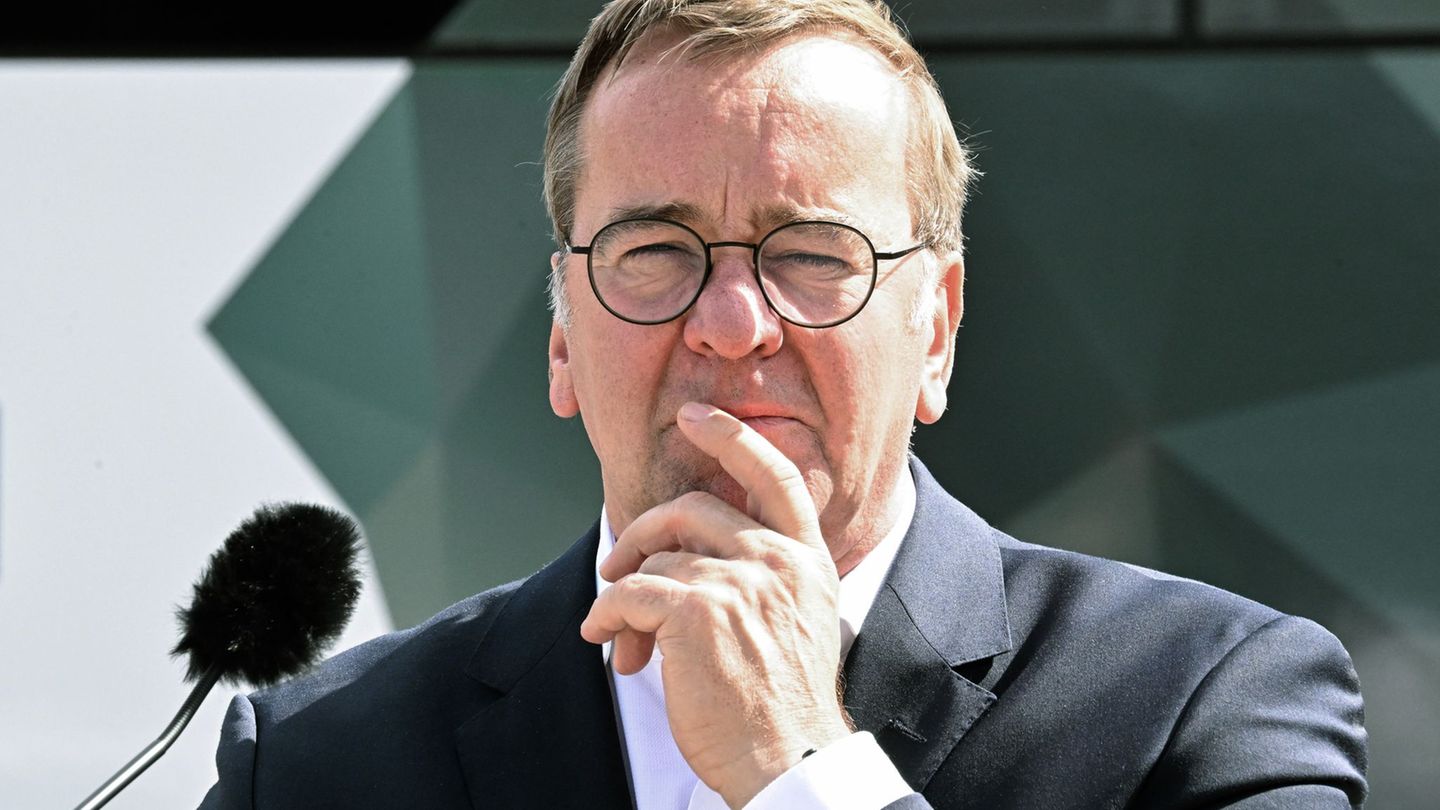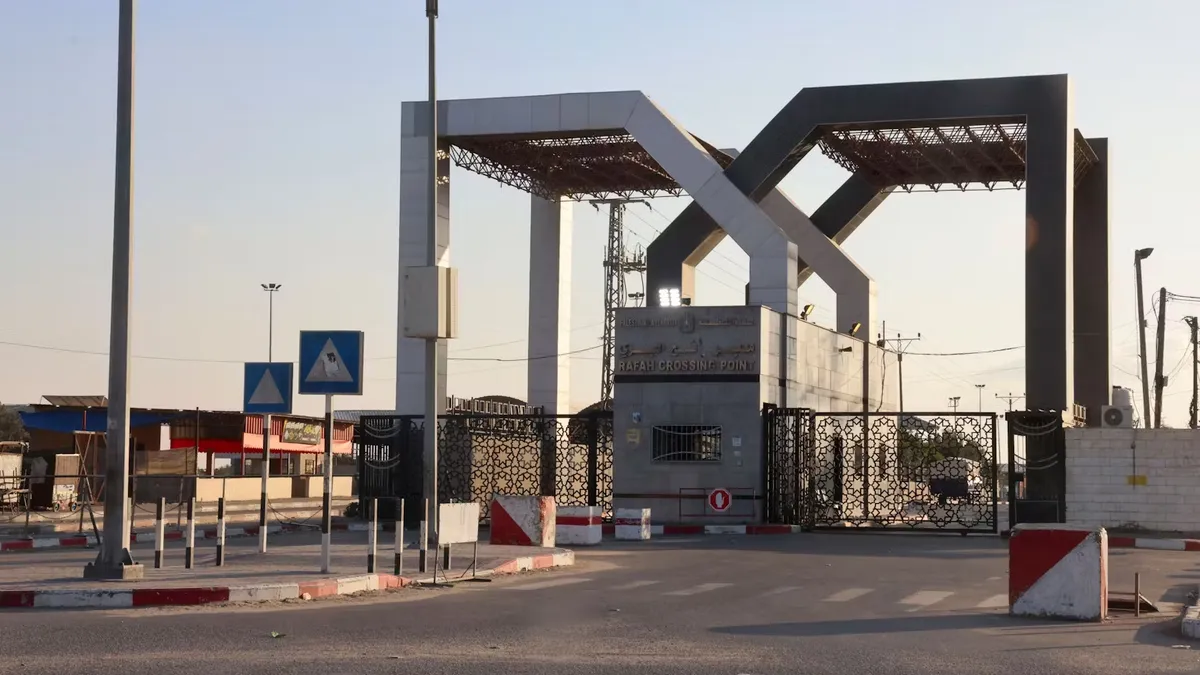The reforms provide sentences of up to 10 years in prison for soldiers who desert, surrender “without authorization” to the enemy, refuse to fight or disobey orders during a period of mobilization, the Russian news agency Sputnik reported.
Meanwhile, acts of looting or violence, such as resisting a commander, forcing him to break his commitments or attacking him while he is on duty, will be punished with up to 15 years in prison.
Responsibility of up to seven years in prison is also established for violating the rules of possession of weapons, ammunition and military equipment that have resulted in their loss due to negligence.
These legislative changes come a few days after Putin announced a mobilization to reinforce his army for the offensive in Ukraine.
The mobilization order, which affects some 300,000 people according to the authorities, raised concern in part of the population who expressed their discontent in the streets on Saturday.
According to OVD-Info, an organization specializing in arrest counts, at least “707 people have already been arrested in 32 cities” throughout Russia, and of them, more than half in Moscow, while no official reports were known.
In the Russian capital, an important police device was deployed in the Chistyye Prudy neighborhood, in the center, journalists from the AFP agency observed.
Most of the protesters present were wandering or standing still individually or in small groups to avoid detection and detention by the police, who managed to track them down and apprehend them anyway.
“We are not cannon fodder!” a woman launched as a group of riot police forcefully took her away. That is one of the slogans of the protesters who oppose the sending of reservists to Ukraine.
In St. Petersburg, Russia’s second-largest city in the northwest, police took some 30 people aboard a security corps bus, the French news agency confirmed.
On Wednesday, when Putin announced the mobilization of reservists, about 1,400 protesters were arrested across Russia. Some reported that the authorities gave them the mobilization order at the police station. The Kremlin defended this practice, assuring that it is not “illegal”.
Instead, hundreds of citizens demonstrated in Moscow and St. Petersburg in support of the offensive and the annexation of Russian-controlled areas, and were not arrested.
Since the start of the Russian invasion of Ukraine on February 24, demonstrations against the offensive have been heavily repressed in the country, with thousands of people arrested.
In the midst of this context, the President of the European Council (EC), Charles Michel, was today in favor of the European Union (EU) issuing visas that allow the entry of Russian citizens who oppose going to war in Ukraine. .
The European leader considers that the block has to show a certain “openness to those who do not want to be exploited by the Kremlin”, alluding to those who choose to reject the “partial mobilization” announced by Putin with the aim of reinforcing the front in the occupied Ukrainian territories.
“The EU should shelter those who are in danger because of their political opinions. If in Russia people are in danger because of their political opinions, for not following this crazy decision of the Kremlin to launch this war in Ukraine, we must take this into account,” He stated in an interview for the American media Politico and quoted by the Europa Press news agency.
The possibility of the EU opening its doors to Russian citizens occurs in a context in which the bloc has just agreed to suspend the agreement with Russia on visa facilitation after the insistence of several states.
In addition, the countries that have a land border with Russia (Poland, Finland, Estonia, Latvia and Lithuania), decided to restrict crossings.
Meanwhile, in Russia, another measure enacted this Saturday facilitated access to Russian citizenship for those foreigners who enlist in the Russian army for at least one year, without having to justify five years of residence in the country, as is usually required.
This amendment to the Law on Citizenship of the Russian Federation seems to target migrants from former Soviet republics in Central Asia, who, in large agglomerations like Moscow, are often engaged in low-skilled jobs.
However, before the promulgation of this regulation, Kyrgyzstan and Uzbekistan urged their citizens this week not to participate in any conflict.
Source: Ambito
David William is a talented author who has made a name for himself in the world of writing. He is a professional author who writes on a wide range of topics, from general interest to opinion news. David is currently working as a writer at 24 hours worlds where he brings his unique perspective and in-depth research to his articles, making them both informative and engaging.




